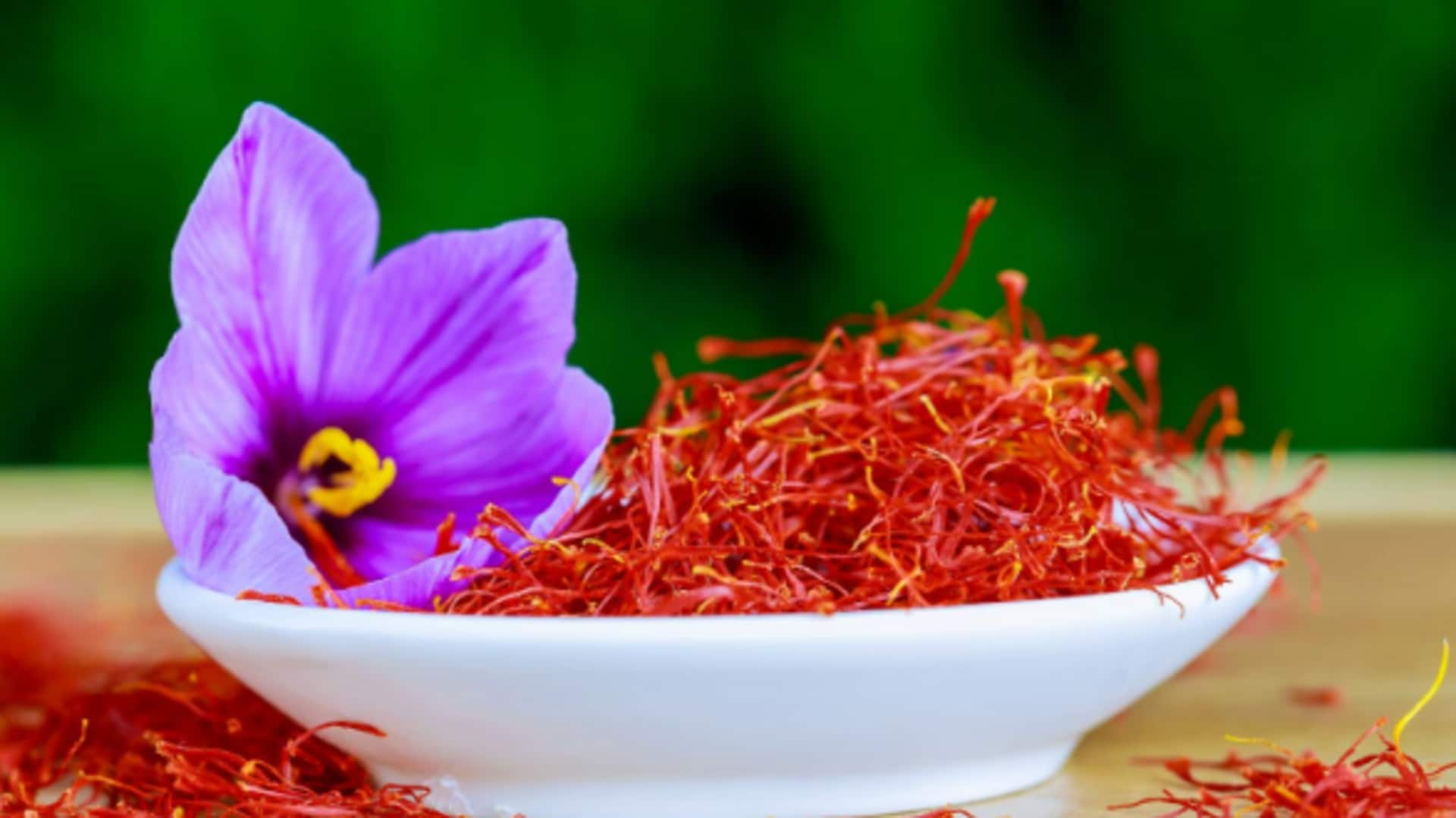or signup to continue reading My love affair with greyhounds began in 2018 when I gazed into the eyes of a handsome, brown-eyed boy named Albert, our first adopted greyhound. We didn't know much about greyhounds, but we were eager to give one a home after a flurry of shocking headlines, including the greyhound racing ban in NSW and its subsequent reversal. But Albert was a troubled dog, damaged by experiences unknown, and the adoption set in motion a series of events that plunged us deeper into the world from which he'd arrived.
Our experience with his great escape and eventual return inspired Within weeks, we had fostered and then adopted our second greyhound, Teddy, from a rescue group. Fostering is an important step in greyhound adoption. It teaches dogs who have been raised in racing kennels to live in a family home.

For many, the first time out of a kennel is stressful and overwhelming. Even simple skills like navigating stairs and slippery floors, or walking on a lead, are new. It's rewarding for carers too, with many people choosing to foster when they can't commit to adoption.
Others, like us, foster and then adopt. My second greyhound picture book, , was inspired by our gentle giant, an emotional dog who wears his heart on his sleeve. As with every breed, each greyhound is different, but most are gentle, quiet, affectionate dogs who need little exercise and want nothing more than security, comfort, and love.
Teddy, of course, is the most beautiful of them all. As we ventured deeper into the greyhound world, we discovered a community sharply divided between those who breed and race greyhounds and the rescue groups, tiny, volunteer-run charities that devote their lives to rehoming them. Greyhound trainers and racers baulk at the term "rescue".
They say they love their dogs, and the dogs love to run. The dogs are "retired", not "rescued". Greyhound rescue groups strike back with data about high injury and death rates on track, and animal "wastage", the industry term used to describe euthanasia of unsuccessful racers and dogs with behavioural problems who can't be rehomed.
It's a fraught space with high emotions on both sides. And the facts tell a difficult story. Australia has the world's largest commercial greyhound racing industry, with 58 active greyhound tracks around the country.
The industry is primarily funded by gambling. In 2023-23, national wagering turnover on Victorian greyhound racing reached $3.43 billion, the second-highest result on record.
In NSW, total wagering turnover was $2.9 billion for the same period. To achieve this, the industry holds thousands of races across the country each year.
We discovered a community sharply divided between those who breed and race greyhounds and the rescue groups, tiny, volunteer-run charities that devote their lives to rehoming them. In NSW, almost 100,000 starters raced in 13,650 races in 2022-23. The same year in Queensland saw 55,720 starters run in 7422 races.
Victoria, which has the largest greyhound racing industry, had 15,067 races. Who sets the number of daily races, and why is it so high? Is it the industry or the companies that earn income from gambling? Either way, it comes at a high cost to the dogs. To feed the machine, greyhound racing bodies pay owners to bring their dogs to race, incentivising them to race more often.
This increases the risk of injury and death. It also encourages over-breeding, with thousands of greyhounds whelped each year - about 4000 in Victoria alone - to produce the pups required. Brood bitches are surgically implanted with semen from successful dogs in a painful breeding practice.
But many never race, others fail, and thousands retire each year. Official figures indicate that 2688 dogs were rehomed in Victoria last year, far fewer than the number bred. The situation is the same in every racing state.
After fostering our most recent dog, Bluey, I was horrified to discover that greyhounds aren't covered by the usual animal husbandry laws, such as Victoria's . Instead, the industry self-regulates, with its own code of conduct and tribunal. While it's not always the case, many dogs are kept in dismal caged conditions, leaving them with anxiety and behavioural problems that make them unsuitable for rehoming.
Which means they are euthanised. Bluey arrived from a deprived background. He had worms, a bacterial skin condition and was grossly underweight.
He had been kept in a small wire cage without socialisation or enrichment. He slept on a damp, concrete floor with no coat or bed, perhaps because his anxiety meant he destroyed those he was given. Welfare officers investigated the conditions in which Bluey was kept, but no action was taken because a "grandfather" clause in Victoria's Greyhound Code of Practice meant the trainer wasn't required to comply with current accommodation rules, which only apply to structures constructed or upgraded after January 2020.
As I wrote and promoted my greyhound books, I became increasingly motivated to encourage greyhound adoption as a way to support change. The books serve the dual purpose of encouraging children's literacy while also showing greyhounds as the loving pets they can be. I also discovered a niche.
Despite a vast and passionate greyhound community, there weren't greyhound picture books in the mainstream book market. Our greyhound series - delightfully illustrated by Karen Erasmus, designed by Jo Hunt, and published by Laneway Press - has sold to greyhound lovers around the world. Greyhound rehoming groups use them to support adoption.
It's a satisfying outcome, and if one person adopts a greyhound because they've read my books, I'll be happy. But we need to tackle the problems at the cause. It's not for me to say whether racing should continue, or whether industry reforms will or won't help.
There have been endless reviews and reforms but based on the number of scandals and continuing high numbers of deaths and injuries on track, they're not helping yet. At the very least, if greyhound racing is to remain, governments must limit breeding so the industry can rehome each and every dog it produces. A national register must track the lifecycle of all dogs bred for racing to improve transparency around euthanasia and death.
Greyhound welfare must be covered by the same legislation governing domestic pets so retired racers can succeed in a home. Loopholes must be closed, and animal welfare must always come first. Not just in words but in actions.
Everyone who loves greyhounds would surely agree with that. Greyhounds have won my heart. They say you get as much out of fostering or adopting a dog as the dog does, and that's been the case for us.
Greyhounds have taught me that patience, resilience and security can heal much hurt. They've taught me it's okay to be busy for short bursts but it's important to rest as well - though perhaps not for the 23 hours a day they do. They bring so much joy as we watch them unfurl and grow into the dogs they were always meant to be.
explores themes of family, friendship, purpose, and belonging while introducing readers to the hens, sheep and cattle who live and work on a farm. It's inspired by our greyhound, Dotty, who loves to run around our farm. This book is the last in the series.
But I will continue campaigning to support greyhound adoption, donating proceeds of my books to greyhound charities, and using every opportunity to encourage people to foster and adopt for as long as greyhounds need homes. DAILY DURING PARALYMPICS Get the best news and analysis from the Paris Paralympic Games in a daily update. DAILY Today's top stories curated by our news team.
WEEKLY The latest news, results & expert analysis. WEEKLY Get the editor's insights: what's happening & why it matters. WEEKLY Love footy? We've got all the action covered.
WEEKLY Every Sunday explore destinations, deals, tips & travel writing to transport you around Australia and the globe. WEEKLY Going out or staying in? Find out what's on. WEEKDAYS Sharp.
Close to the ground. Digging deep. Your weekday morning newsletter on national affairs, politics and more.
TWICE WEEKLY Your essential national news digest: all the big issues on Wednesday and great reading every Saturday. WEEKLY Get news, reviews and expert insights every Thursday from CarExpert, ACM's exclusive motoring partner. TWICE WEEKLY Get real, Australia! Let the ACM network's editors and journalists bring you news and views from all over.
AS IT HAPPENS Be the first to know when news breaks. DAILY Your digital replica of Today's Paper. Ready to read from 5am! DAILY Test your skills with interactive crosswords, sudoku & trivia.
Fresh daily! Advertisement Advertisement.



















